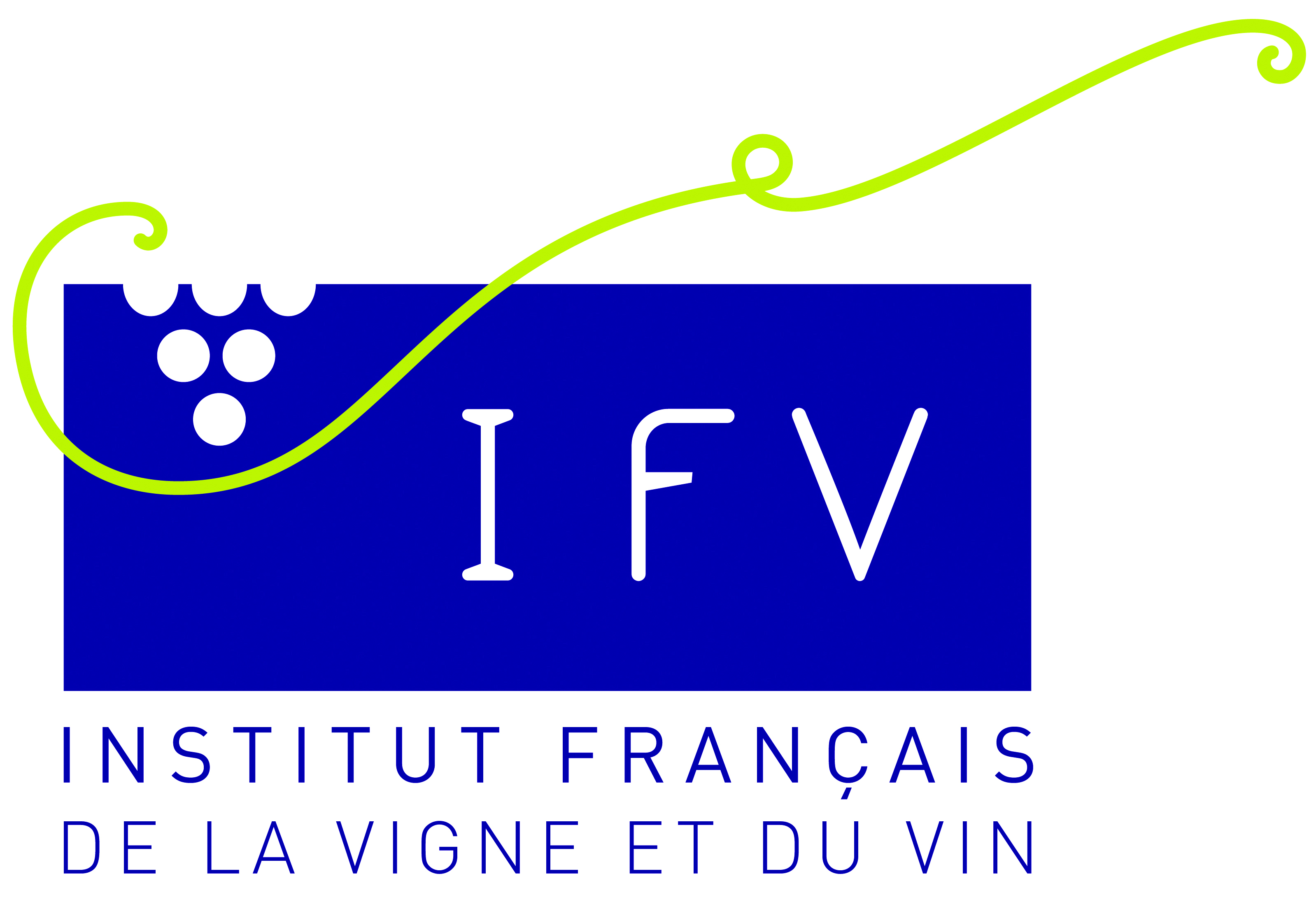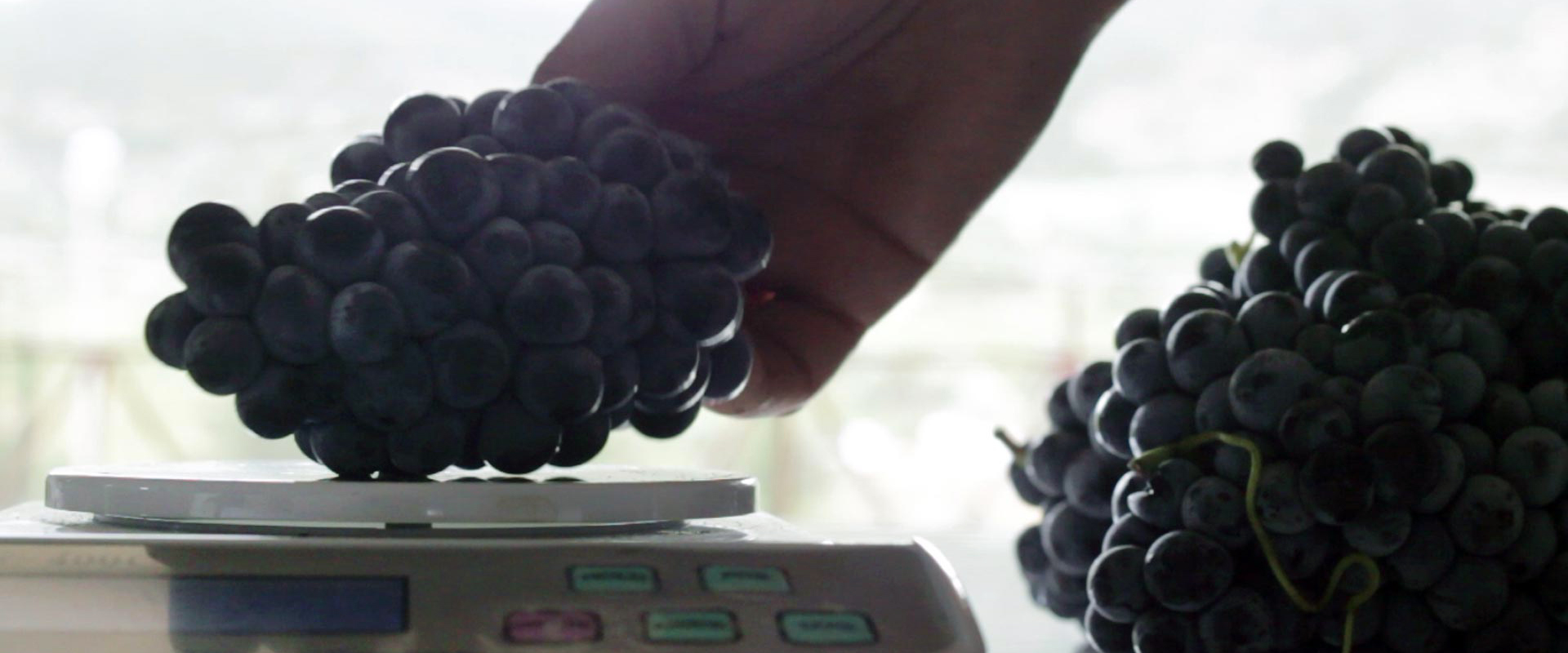Hellenoinos
Selection-Evaluation-Utilization of Greek grape varieties
HELLENOINOS is a scientific partnership that deals with the study and evaluation of the Greek genetic resources of vines, focusing on the 25 main varieties of the Greek vineyard and the 16 clones of Hellenifera.
For the first time in the history of Greek viticulture, 7 different bodies in the private sector and in the university – research sector cooperate, having the common goal to capture and enhance the special potential of our main varieties. At the same time, through HELLENOINOS, the operators focus on the in-depth analysis of the first clones of the 6 main varieties of our country.
VNB, in collaboration with the laboratories of AUA (Agricultural University of Athens) and AUTh (Aristotelian University o Thessaloniki), studies the 25 Greek varieties (Moschofilero ENTAV-INRA 017VNB, E12, E26, Agiorgitiko ENTAV-INRA 001VNB, E44, E47, Assyrtiko ENTAV-INRA 004VNB, E6, E16, Xinomavro ENTAV-INRA 018VNB, E12, E18, Roditis ENTAV-INRA 019VNB, E13, E16, Malagouzia ENTAV-INRA E4, Limnio, Athiri, Moschato White, Kydonitsa, Mavrotragano, Mandilaria, Limniona, Kotsifali, Vilana, Vidiano, Robola, Aidani White, Avgoustiatis, Vertzami, Koiniariko, Mavrodafni, Monemvasia, Debina, Savatiano) and compiles the following:
• primary and secondary metabolomic characterization of the grapes of the 5 ‘front line’ varieties and mapping of the transcriptional background to determine the biochemical pathways that lead to the formation of their aromatic profile.
• oenological evaluation and mapping of the organoleptic profile of the 25 main varieties with emphasis on the ‘front line’ varieties and their clones.
• evaluation of the 5 ‘front line’ varieties in terms of adaptation to environmental and cultivation conditions and functional characterization of the genes that control their response to the usual abiotic stresses in the Greek vineyard conditions.
The above are the basis, reference and means for the two future research procedures on the improvement of varieties that intend to lead to a new generation of wines deriving from Greek varieties with a strong varietal identity.
A large part of the project focuses on the 25 Greek varieties that have a particular and direct interest in Greek wine production and regards the production of data and the analysis of the variables that determine the aromatic and taste characteristics of the grapes and wines of these varieties, defining for the first time the specific "organoleptic profile" of each.
One of the most dynamic elements of this program is that the study of the varietal organoleptic profile, for the most important of them, can be combined and is based in depth on the study of its genetic, transcriptomic and metabolomic background.
- - -
HELLENOINOS is implemented under the RESEARCH – CREATE – INNOVATE Action plan and is co-financed by the European Regional Development Fund (ERDF) of the European Union and national resources through the O.P. Competitiveness, Entrepreneurship & Innovation Operational Plan, with project code Τ1ΕΔΚ-03719





